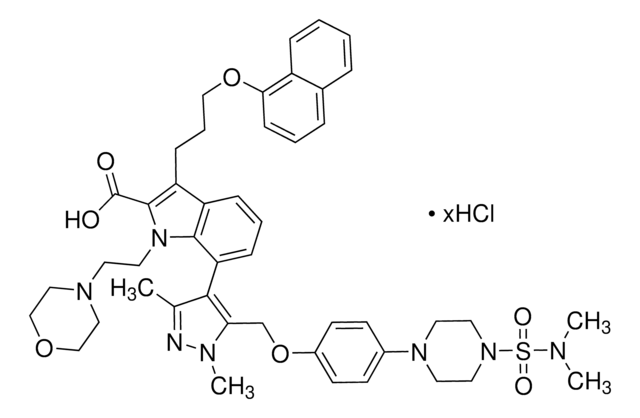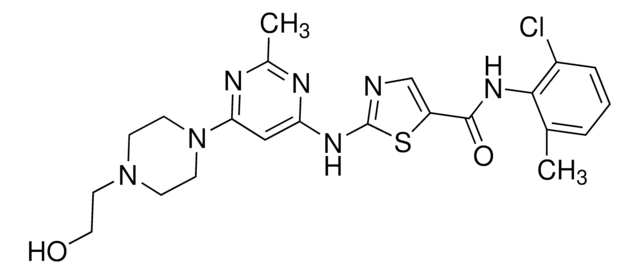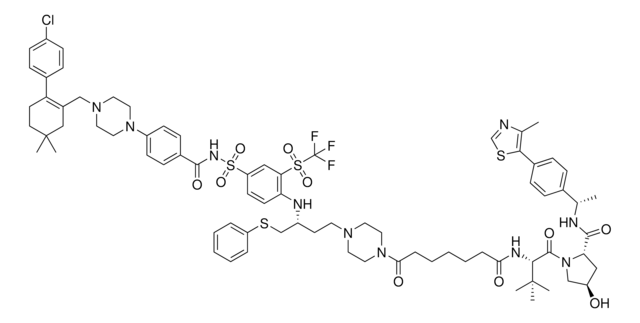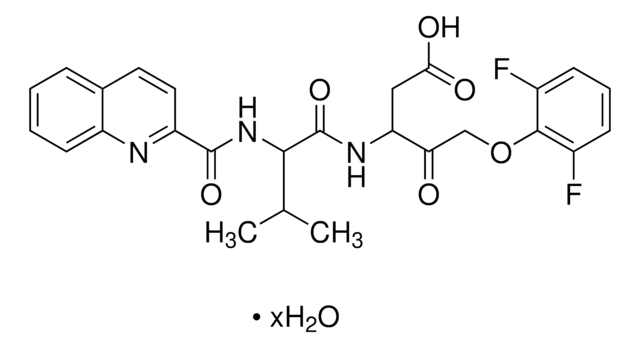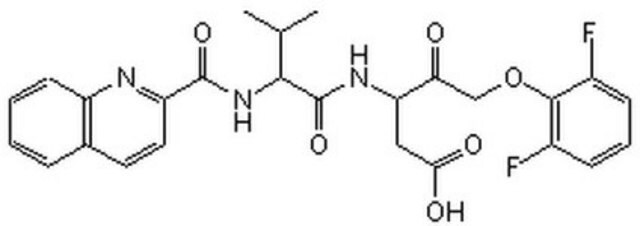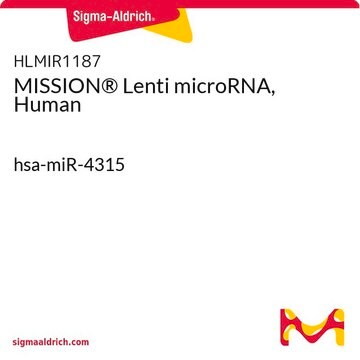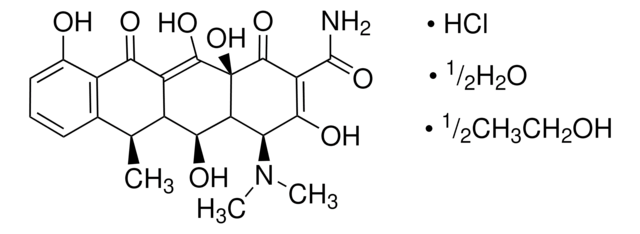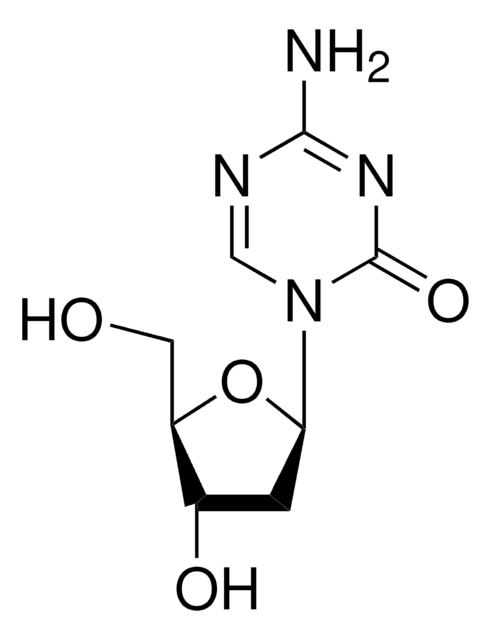197333
ABT-737
≥97% (HPLC), solid, Bcl-2 inhibitor, Calbiochem®
Sinónimos:
Bcl-2 Inhibitor VI, ABT-737, 4-{4-[(4ʹ-Chlorobiphenyl-2-yl)methyl]piperazin-1-yl}-N-{[4-({(1R)-3-(dimethylamino)-1-[(phenylsulfanyl)methyl]propyl}amino)-3-nitrophenyl]sulfonyl}benzamide
About This Item
Productos recomendados
Nombre del producto
Bcl-2 Inhibitor VI, ABT-737, The Bcl-2 Inhibitor VI, ABT-737, also referenced under CAS 852808-04-9, controls the biological activity of Bcl-2. This small molecule/inhibitor is primarily used for Activators/Inducers applications.
Nivel de calidad
Ensayo
≥97% (HPLC)
Formulario
solid
fabricante / nombre comercial
Calbiochem®
condiciones de almacenamiento
OK to freeze
protect from light
color
yellow
solubilidad
DMSO: 50 mg/mL
Condiciones de envío
ambient
temp. de almacenamiento
2-8°C
InChI
1S/C42H45ClN6O5S2/c1-46(2)23-22-35(30-55-37-9-4-3-5-10-37)44-40-21-20-38(28-41(40)49(51)52)56(53,54)45-42(50)32-14-18-36(19-15-32)48-26-24-47(25-27-48)29-33-8-6-7-11-39(33)31-12-16-34(43)17-13-31/h3-21,28,35,44H,22-27,29-30H2,1-2H3,(H,45,50)/t35-/m1/s1
Clave InChI
HPLNQCPCUACXLM-PGUFJCEWSA-N
Descripción general
Envase
Advertencia
Reconstitución
Otras notas
Oltersdorf, T., et al. 2005. Nature435, 677.
Información legal
Código de clase de almacenamiento
11 - Combustible Solids
Clase de riesgo para el agua (WGK)
WGK 3
Punto de inflamabilidad (°F)
Not applicable
Punto de inflamabilidad (°C)
Not applicable
Certificados de análisis (COA)
Busque Certificados de análisis (COA) introduciendo el número de lote del producto. Los números de lote se encuentran en la etiqueta del producto después de las palabras «Lot» o «Batch»
¿Ya tiene este producto?
Encuentre la documentación para los productos que ha comprado recientemente en la Biblioteca de documentos.
Los clientes también vieron
Nuestro equipo de científicos tiene experiencia en todas las áreas de investigación: Ciencias de la vida, Ciencia de los materiales, Síntesis química, Cromatografía, Analítica y muchas otras.
Póngase en contacto con el Servicio técnico